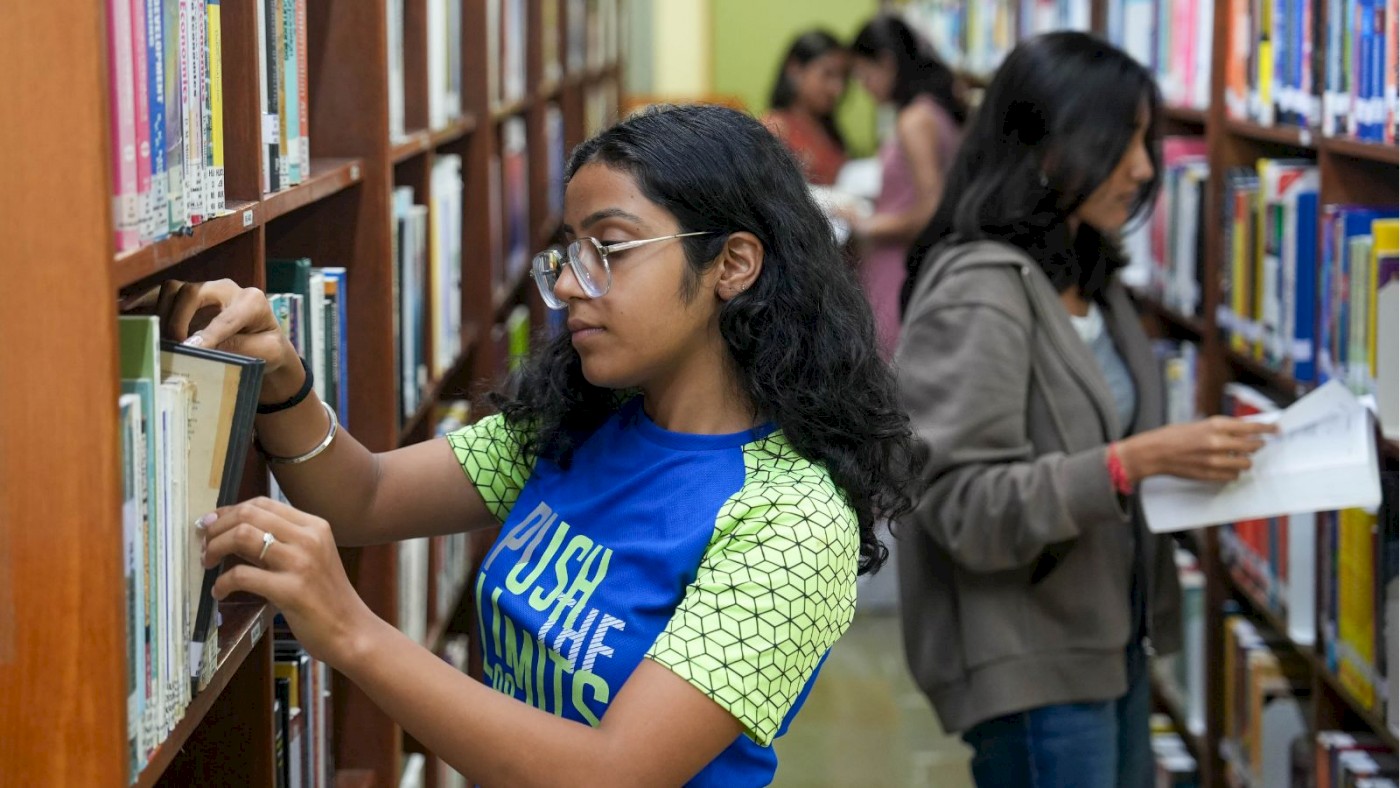
English-language independent publishers in India and South Asia play a vital role in bringing marginalised knowledge into mainstream academia, especially literature from Dalits, women, Muslims, and Adivasis. These publishers bridge the gap between writers and the public, significantly influencing the humanities and social sciences. Despite facing challenges in a competitive environment, these publishers promote new discourses.
Independent publishers often face challenges balancing cultural integrity with market demands, which can be termed a “publisher’s dilemma.” The essay highlights how Indian publishers, since the early 2000s, managed to navigate this dilemma by cultivating a two-pronged approach. The first deals with publishing works without being driven by profit, and the second is to develop a market understanding, ensuring commercial success.
Ahmedabad University Professor Safwan Amir studied how these publishers struggle to disseminate the stories, shaping narratives in humanities and social sciences. The work was published in the World Humanities Report – WHR (India/South Asia), which depicts the humanities' active presence in plural locations, diverse forms, and languages and how it enables critical interrogation of social practices in India and South Asia.
Read the essay here